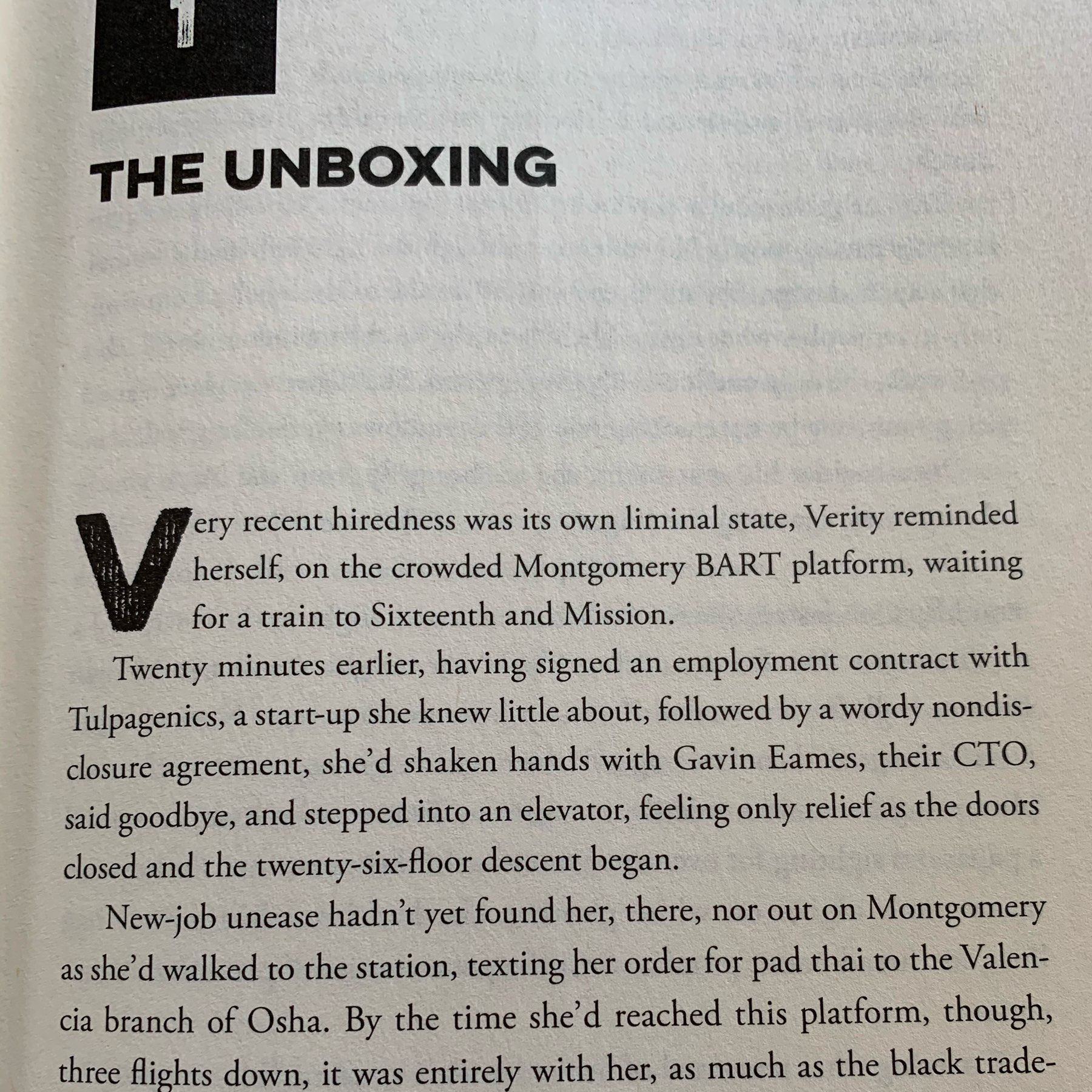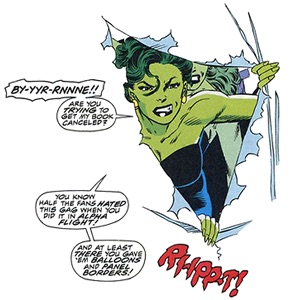Started a new job this week. It reminded me of this passage from William Gibson’s newest book, Agency. (Fortunately, my unease passed pretty quickly due to my colleagues’ warm welcome.)

The oldest and most obscure weblog. Probably. Lovingly maintained and neglected by Shawn Kilburn.
Started a new job this week. It reminded me of this passage from William Gibson’s newest book, Agency. (Fortunately, my unease passed pretty quickly due to my colleagues’ warm welcome.)

This seems about right. From the old Irish Brehon Laws via Dorothy Dunnett’s excellent Queens’ Play.

Pretending is Lying by Dominique Goblet. There’s so much charm in these rough and ready drawings plus watercolors (?). There are moments of casual adult cruelty toward children that will stick with me for a long time. Haunted.
Children of Time by Adrian Tchaikovsky. Epic, millenia spanning science fiction. Clearly inspired by David Brin’s Uplift novels (a craft in the novel is explicitly called the Brin). Sentient spiders, crazy AI computer systems, the slow social-breakdown on a generation ship traveling for hundreds of years, and more: this book has so much going on. I very much enjoyed it.
Mind’s Eye by Håkan Nesser. I keep reading detective and spy stories. (And also watching things like True Detective.) I’m not sure what’s driving this, what I find comforting in these fictions about people attempting to conceal and reveal the truth. This novel’s detective, Van Veeteren, is delightfully world-weary. There’s a pretty satisfying courtroom secene, too.
Death Will Have Your Eyes by James Sallis. What if a poet wrote a spy novel? This is about what you’d get, I think. Not sure why I’ve been reading so many spy and detective novels lately. Perhaps there’s some solace in these archetypal roles. An escape from the tyranny of the real. Perhaps they just suit my current melancholy frame of mind.
Argonauts by Maggie Nelson. One of the reasons I read books is to meet people who are very different from me. It helps me understand the ways I am a stranger. Strongly recommended.
The Ten Thousand Doors of January by Alix Harrow. I don’t remember, but I think I read this one because of the title. There seems to be a novelistic trend in parallel universes these days. Effective use of nested narratives. I dug it.
Gemina (Book 2 of the Illuminae Files) by Amie Kaufman and Jay Kristoff. I love the wild use of typography and visual design in these books. Also, the science fiction story’s pretty great too.
I thought that Deadpool was the first Marvel character to break the fourth wall, but it turns out David Burn’s Sensational She-Hulk did it first.
